The first ICAO Stocktaking Seminar toward the 2050 Vision for Sustainable Aviation Fuels (SAFS2019) was held in Montreal from 30 April to 1 May 2019. This event was organized in response to a decision of the second ICAO Conference on Aviation Alternative Fuels (CAAF/2), which endorsed the 2050 ICAO Vision for Sustainable Aviation Fuels. The 2050 ICAO Vision includes a quantified proportion of fuels to be substituted with SAF by 2050, and carbon reductions achieved by SAF. To achieve this scenario, it was decided that ICAO would organize regular seminars to assess global progress on SAF development and deployment. The results of this SAF stocktaking process will lay down the basis for the CAAF/3 meeting, which is expected to be held by 2025.
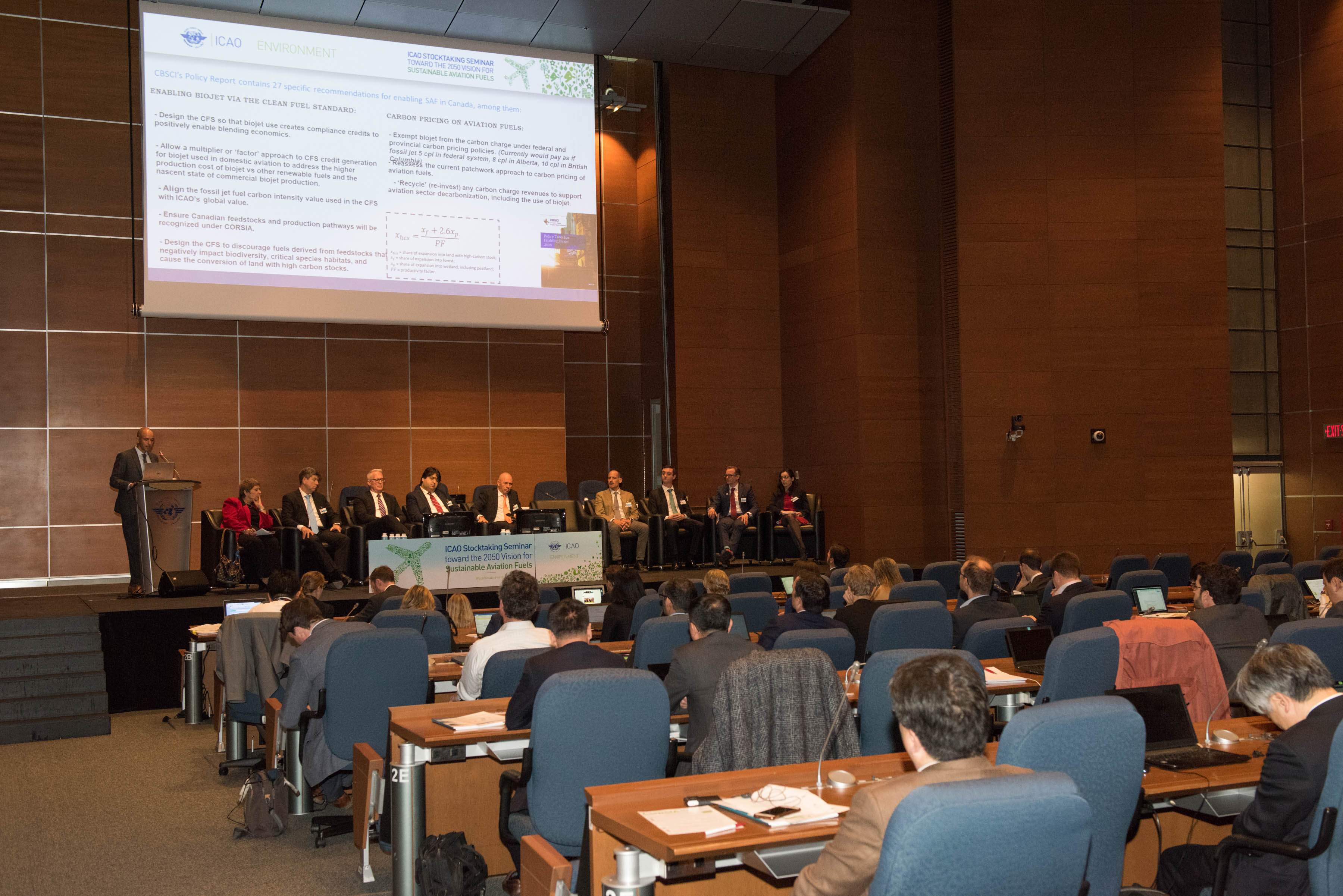
The SAFS2019 was the first ICAO stocktaking event that will help to quantify the 2050 Vision. Around 130 attendees participated in this event, including policy and decision makers from ICAO Member States, technical experts and researchers from the entire fuel supply chain, airlines, airports, fuel producers, manufacturers, environmental groups, energy companies, financial groups, and other organizations that are involved, from around the world.
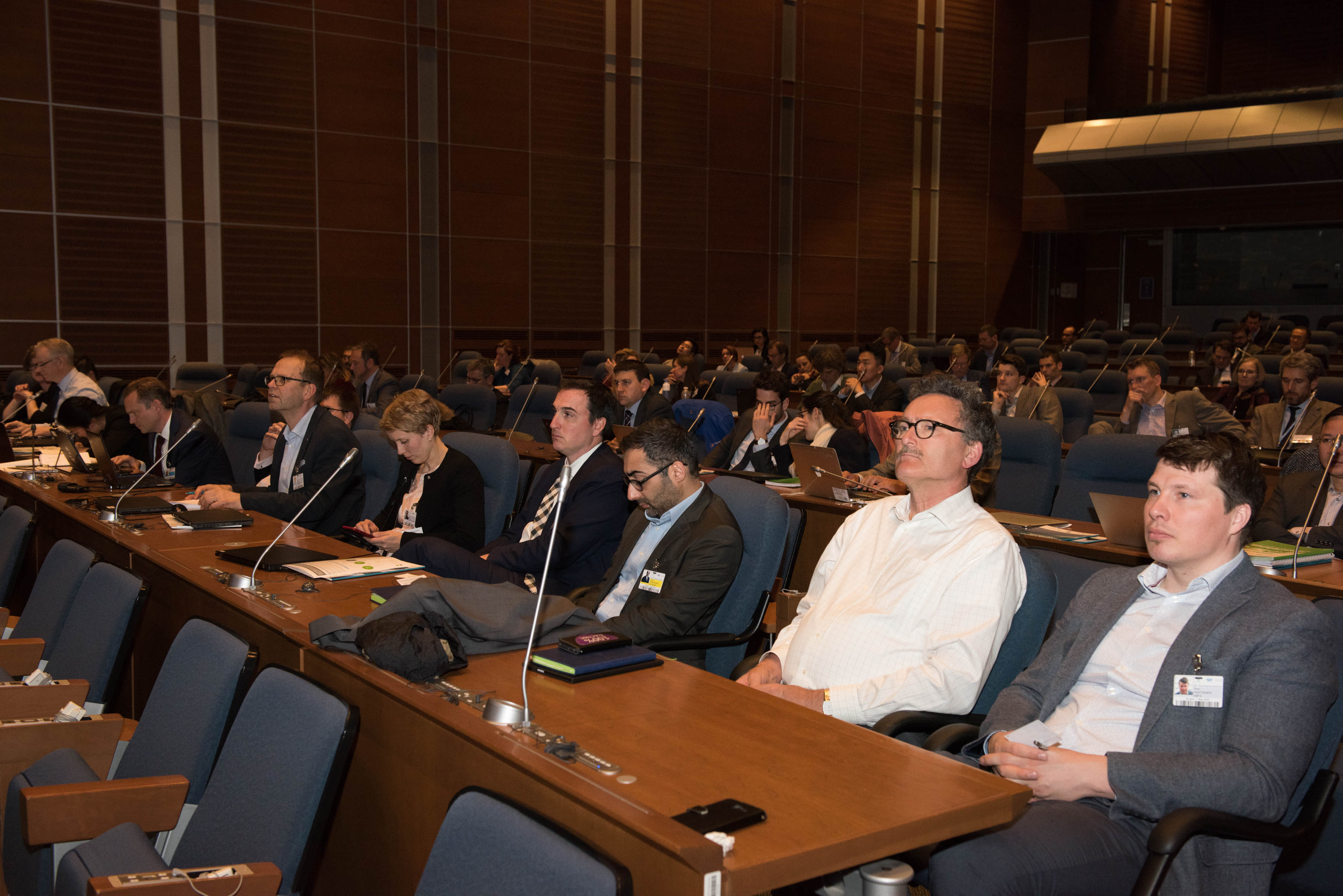
As an outcome of the requests for quantified data, 25 questionnaires with information on SAF deployment were received prior to the event and 26 presentations (many with quantified information) were provided through the Seminar. All of the data was aggregated and processed in order to provide a view on SAF deployment progress. The data showed that:
- Looking back in time, there was a great increase in the use of SAF from 2016 to 2018, all with production of over 5 million litres per year; and
- Looking to the future, the capacity for SAF production will continue to increase, with 6.3 Billion litres (5 MT) of SAF production capacity in 2025 and 8 Billion litres (6.5 MT) by 2032[1].
The share of SAF production in capacity compared to other fuels remains uncertain. To develop a view in a quantified proportion of SAF use by 2050, actions are being taken to promote the use of SAF, with policies to encourage State use of it, so that from 2021, CORSIA will provide an incentive and the number of airports and airline initiatives will also grow in number.
Beyond the quantified results on SAF deployment, this Seminar also provided an opportunity for participants to exchange views about aviation fuels, in particular, with respect to policies/regulatory frameworks, financing, assistance and outreach.
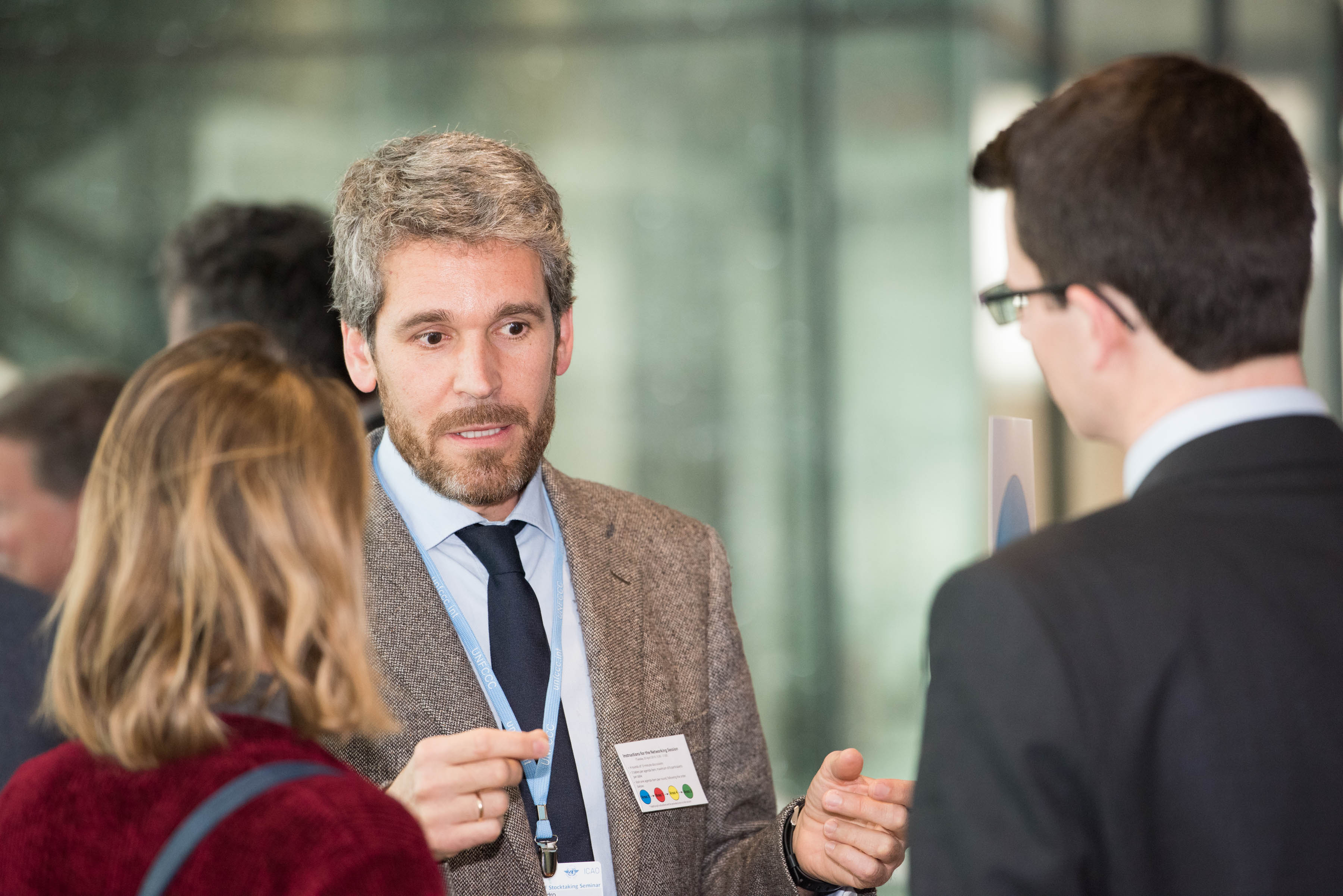
Regarding policies/regulatory frameworks, the Seminar discussions highlighted that international collaboration for SAF certification should be further pursued and expanded. In this regard, it was noted that the implementation of CORSIA, and the establishment of stable policies could serve to incentivize the deployment of SAF. Moreover, it was highlighted that harmonization of Sustainability and Life Cycle Assessment should continue, and that a full set of sustainability criteria should be considered from all environmental, social and economic perspectives. In terms of the discussion on policies and regulatory frameworks at a national level, the participants discussed that SAF development and deployment should be tailored to the specific situation of each State and the specific production processes available, rather than a one-size-fits-all approach.
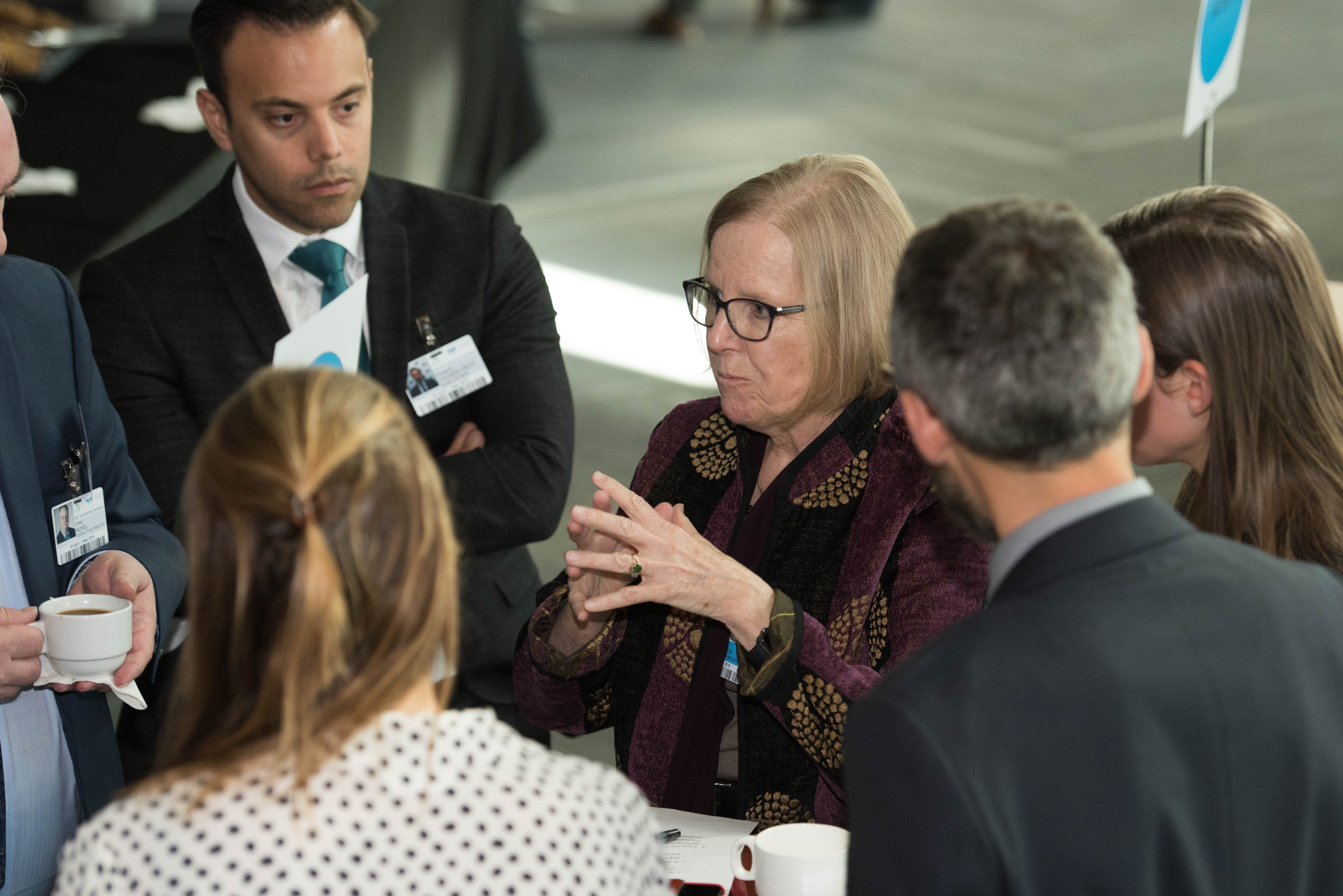
On the topic of financing, the discussions highlighted that financing is needed to adequately scale-up SAF production, to ensure flexibility and lower capital risk and to maximize value across the SAF supply chain. Various financing options and tools were discussed, including how the utilization of existing facilities could reduce production costs, the importance of public/private co-funding for SAF projects, and that financing should support multiple feedstock projects.
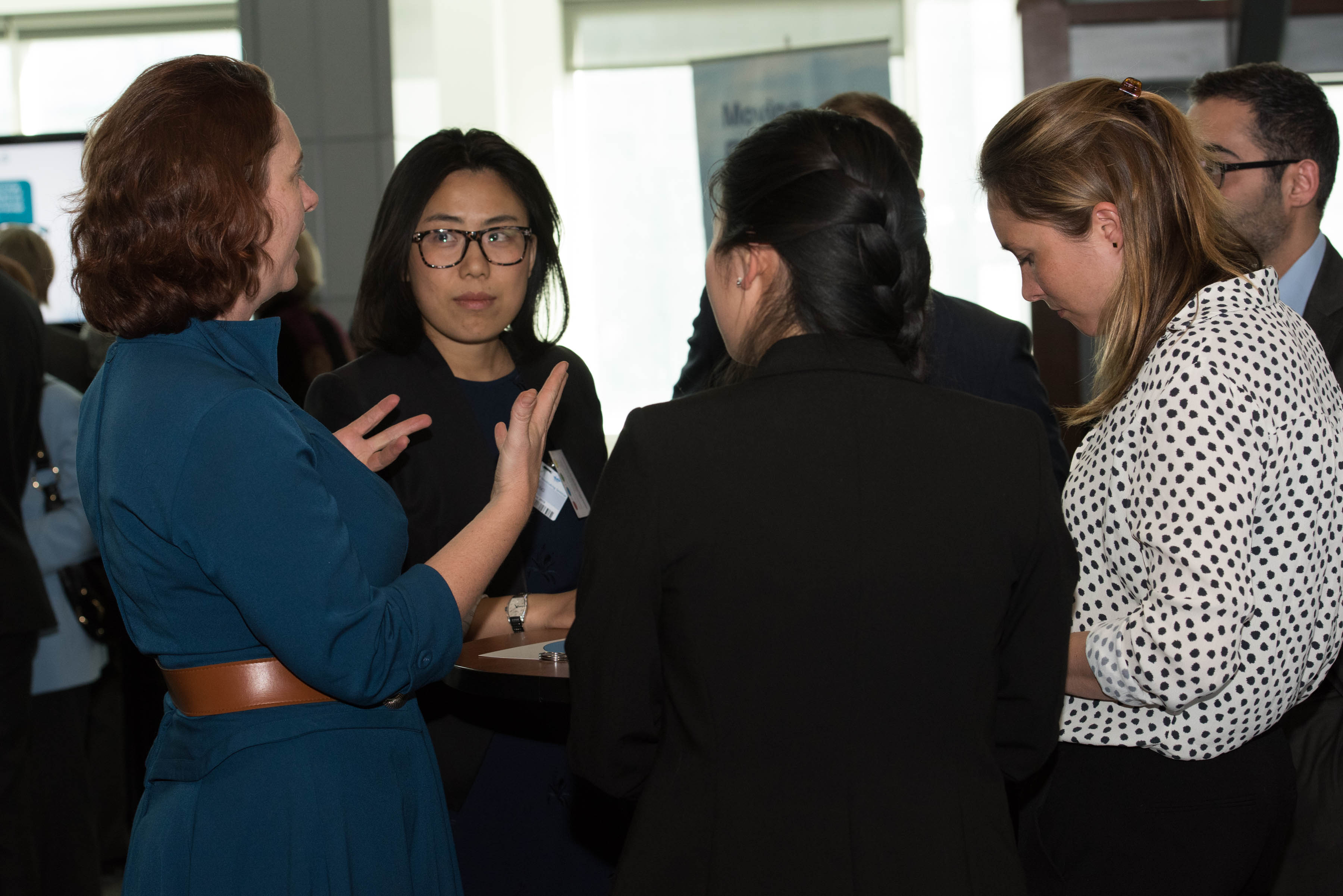
In addressing the issue of assistance and capacity-building for aviation fuels, seminar participants were generally of the view that technical and financial assistance could serve as a catalyst to trigger initiatives at the State level. They also exchanged perspectives on the topic of feasibility studies, noting that the development of SAF feasibility studies could unlock the potential of ICAO Member States and promote better awareness of the opportunities available to them for taking action on SAF, within the scope of their national circumstances. Furthermore, the role of ICAO in facilitating the development of future feasibility studies and implementation projects, was welcomed by the participants. Finally, advocacy, and the mobilization of different national stakeholders and resources was viewed as important for the development and deployment of SAF projects.
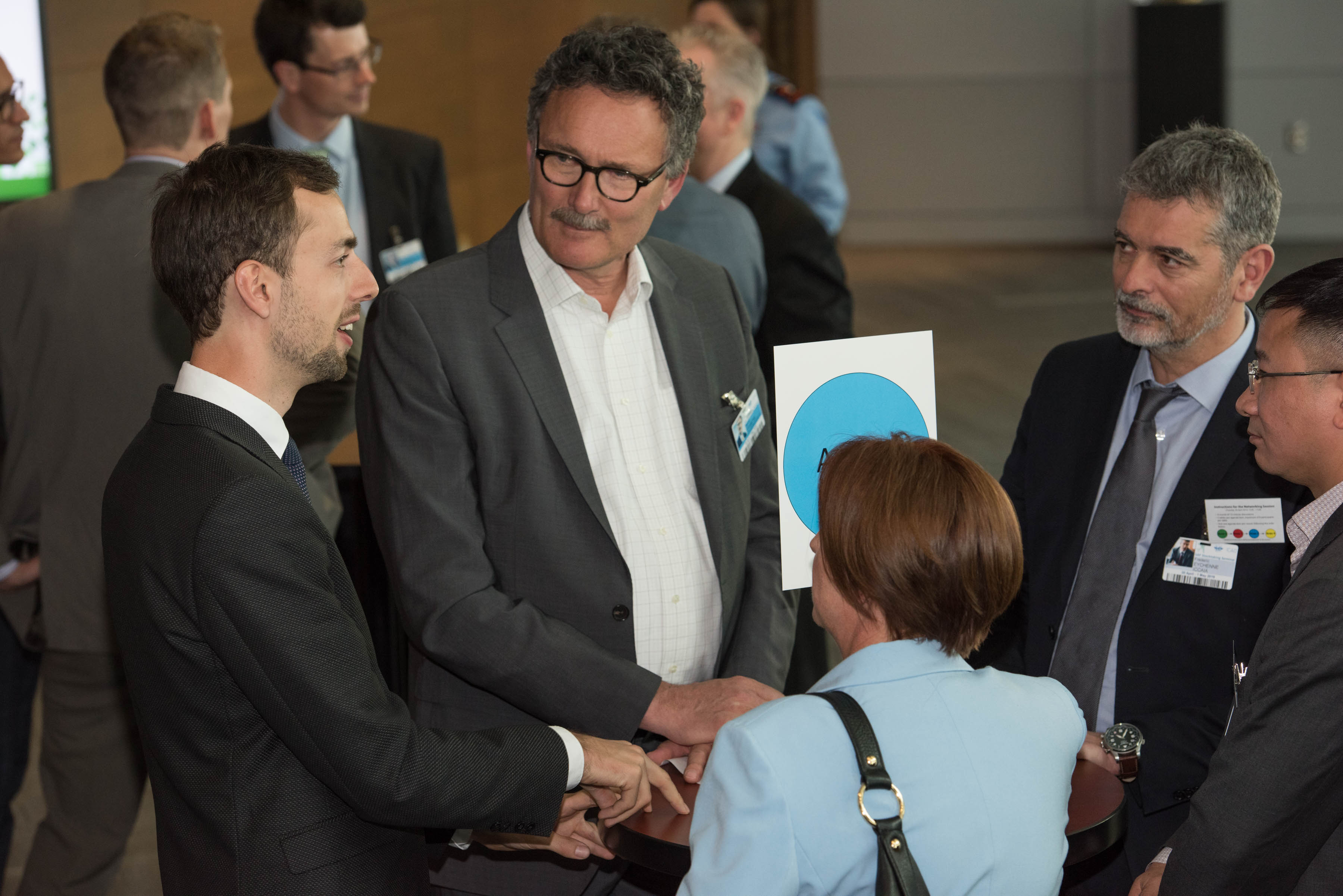
When measuring the value of public outreach, the main message was on the importance of effectively communicating complex aspects related to SAF to a general audience. Participants discussed the need for finding ways to make SAF appeal to passengers, and to clarify misconceptions that create resistance to SAF. SAF global events, concrete actions and outreach campaigns were identified as useful opportunities to showcase the progress being made on SAF.
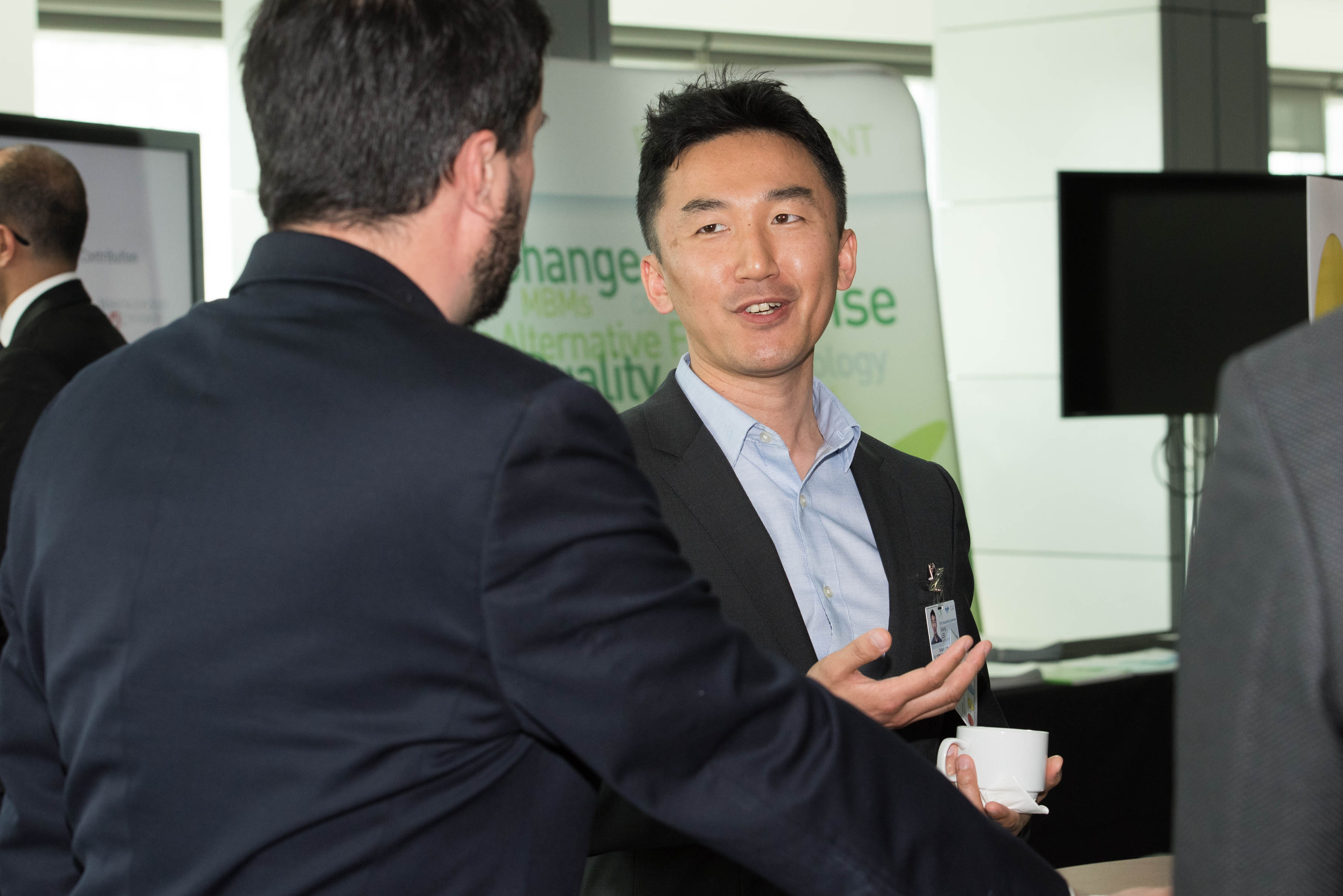
With a view to facilitating discussions, enabling partnerships, and bringing together stakeholders from various aspects of the industry, ICAO also held the first ever ICAO SAF Networking Session (SAFNET). During this structured Networking Session, Seminar speakers and experts acted as facilitators for small group discussions on the various topics presented throughout the Seminar. The interactive structure of this Session allowed for participants to meet with one another, and to discuss the Seminar topics in more detail, while building key relationships and partnerships with many stakeholders.
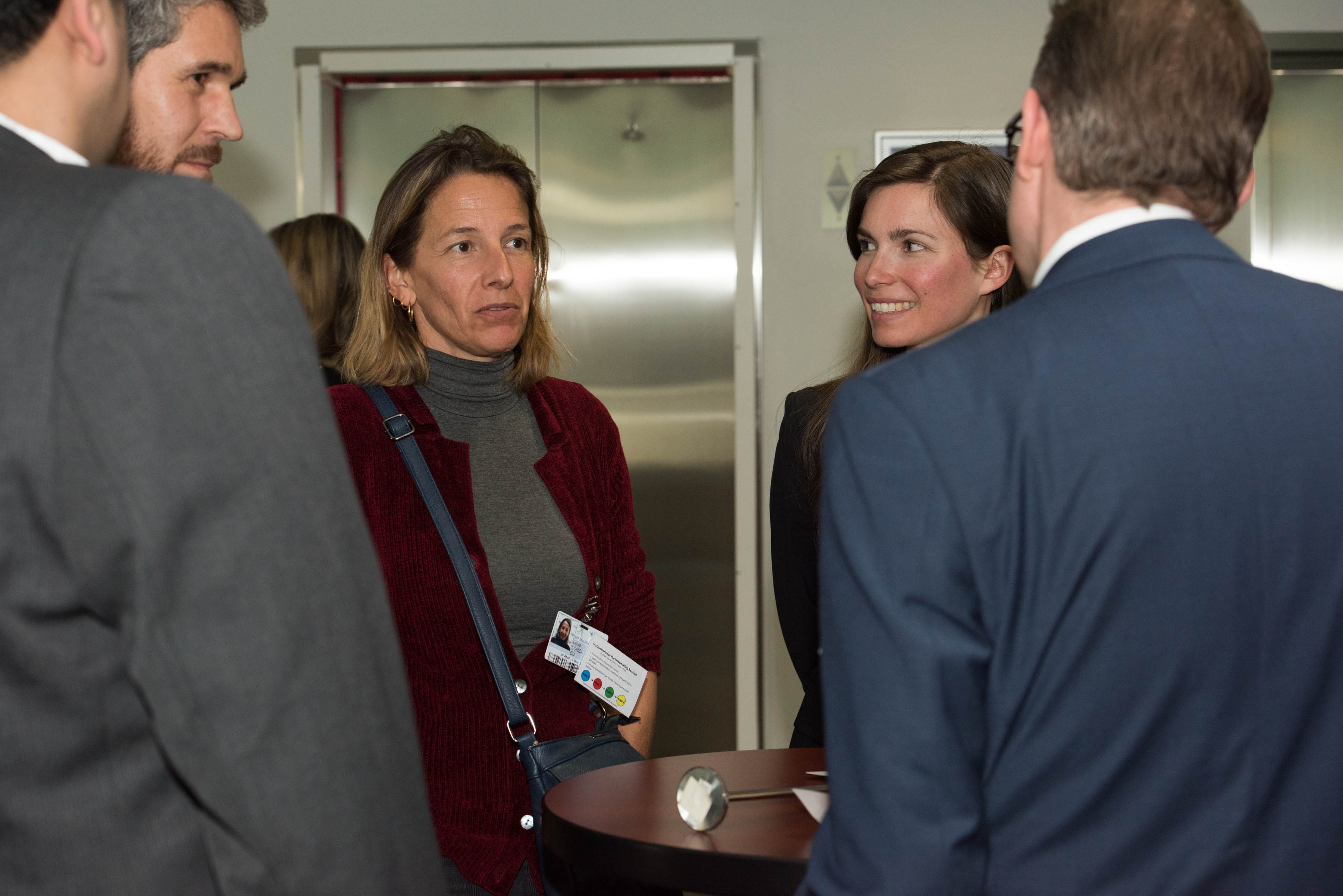
Several calls to action and concrete measures were announced throughout the meeting, including the following:
- Feasibility Studies and Implementation Projects – As an outcome of this Seminar, States and Organizations were invited to contact (officeenv@icao.int) in order to express informal interest in potential future SAF feasibility studies. States and Organizations are encouraged to indicate if they would be interested in supporting other States in the development of a feasibility study, or to work towards the deployment of SAF. States are also encouraged to indicate if they would like to receive support in regard to such activities.
- Provide new information or updated information – The Aviation Fuel Questionnaire will remain available for stakeholders on the ICAO GFAAF. Stakeholders are encouraged to consider updating their deployment of SAF through time. Should any stakeholders be interested in sharing additional information on the ICAO GFAAF, they are invited to contact (officeenv@icao.int).
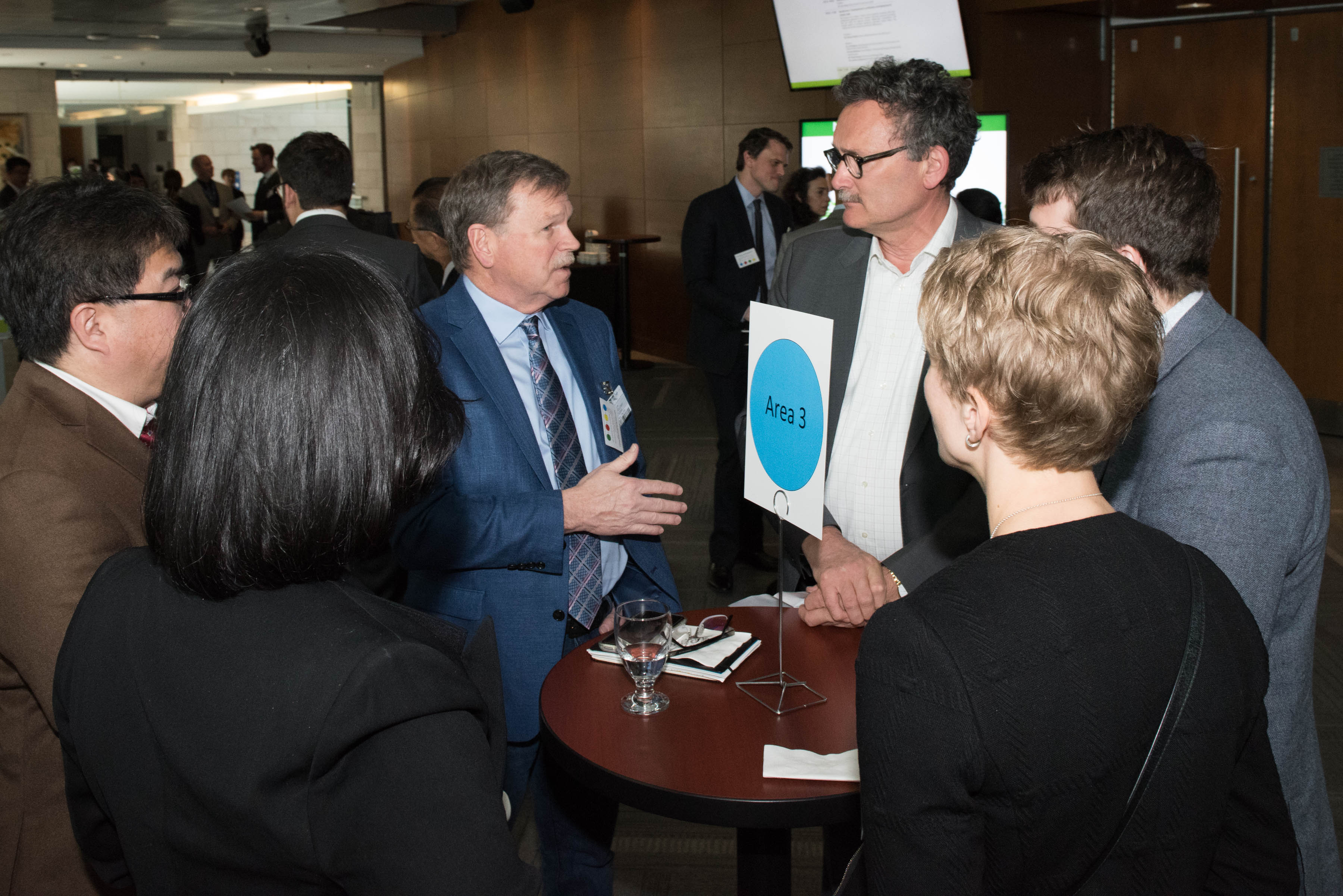
Building on the success of this event, ICAO will continue the stocktaking process involving all aviation stakeholders at the local, regional and international level. The second ICAO SAF Stocktaking Seminar, the next building block towards the 2050 ICAO Vision for Sustainable Aviation Fuels, will be held from 28 to 29 April 2020 at ICAO headquarters in Montreal. We look forward to seeing you all again next year!
[1] Preliminary data, not to be quoted or used as a reference.
